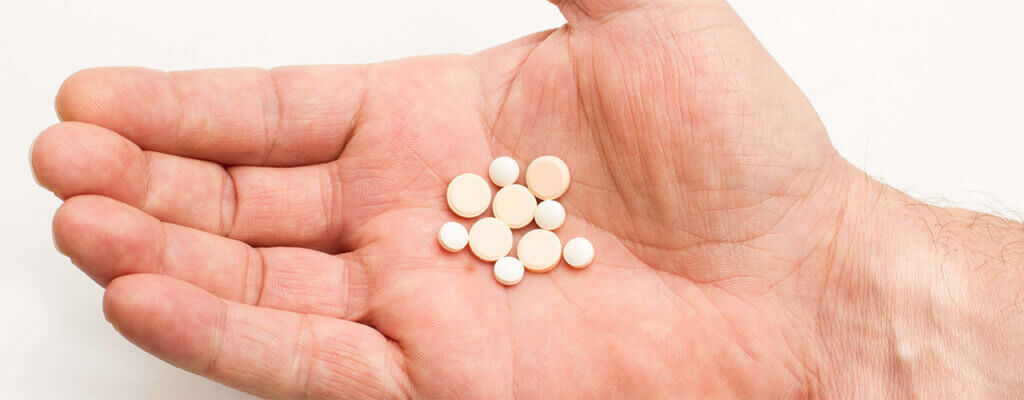Don’t Go Through Bottles of Pills — Go to Physiotherapy
Another day, another trip to the pharmacy. This is the treadmill that many chronic pain sufferers find themselves walking, month after month and year after year. Prescription pain meds can only do so much to keep your suffering at bay. In the case of opioids, you may also find yourself purchasing larger amounts more frequently just to keep up with your ever-increasing tolerance to these powerful drugs. If you’re tired of exhausting your patience, wellness and wallet, maybe it’s time to contact Proactive Sports Physio. Talk to your doctor about switching to physiotherapy as your primary pain management strategy.
Dependencies, Dangers, and Dollars: Pain Meds Perils
There’s no disputing the fact that pain medication is a profitable industry. Consumers spend an enormous amount of money on over-the-counter pain medications. The worldwide market for opioid drugs has been estimated at $25.4 billion. It’s going to keep growing. Opioids also prevent pain signals from reaching the brain, enabling them to combat even the most severe pain. Unfortunately, the price of frequent opioid use far exceeds the money you pay for these drugs. Additionally, the more you use opioids, the more likely your body is to develop a tolerance against them. As a result, you need to keep taking more frequent and/or more potent doses to achieve the same degree of pain relief. In addition, this is a fast, potentially deadly path to addiction.
Don’t assume that you’re getting a good deal from non-addictive pain relievers, by the way. Milder drugs such as ibuprofen, aspirin, and acetaminophen may not get you “hooked,”. You will feel a short reduction in your pain when you use these drugs. You will need to dose yourself every few hours. These pain meds can also cause health problems with frequent or heavy use, with risks ranging from stomach bleeding to liver failure.
Get Meaningful Pain Relief From a Physiotherapist
Instead of emptying your pockets on frequent drug refills that don’t even address the source of your discomfort, ask your doctor whether physiotherapy might help you wean yourself off of opioids or other medications. (You may also need medical supervision to reduce heavy opioid use safely.) A physiotherapist will examine you. They will determine the reasons for your pain. After they have made the diagnosis, they will write a targeted, personalized pain management plan. Here are just a few of the ways physiotherapy can replace all those bottles of pills:
- If you suffer from crippling arthritis pain, physiotherapy exercises and massage therapy can also help you control joint pain and stiffness.
- Strength training, stretching exercises, and chiropractic adjustment will also manage severe neck and back pain.
- Chronic headache/migraine pain can be reduced through a combination of massage, cervical spinal adjustment, and lifestyle or dietary changes. This will help you avoid known headache or migraine triggers.
- chronic Muscle spasms respond well to cold laser therapy, massage therapy, and heat/cold therapy.
- Transcutaneous electrical muscle stimulation (TENS) will control chronic nerve pain. This uses electrical impulses to intercept pain messages. Cold laser therapy can ease neuropathy symptoms and promote nerve healing.
Ready to Ditch the Drugs in Favor of Physiotherapy?
If you’re going to invest time, effort, and money into feeling better, do it in a way that helps your body for safer long-term solutions. If your doctor agrees that physiotherapy can help you ditch the drugs, contact our physiotherapist to schedule an initial appointment and work out a pain management program!
Source:
- https://www.apta.org/PTinMotion/2018/10/Feature/Opioid/
- https://www.grandviewresearch.com/industry-analysis/opioids-market
- https://www.everydayhealth.com/pain-management/physical-activity-and-therapy.aspx
- https://www.everydayhealth.com/nsaid/guide/
- https://slate.com/technology/2016/10/acetaminophen-may-be-riskier-than-it-is-helpful.html
- https://www.asahq.org/whensecondscount/pain-management/opioid-treatment/what-are-opioids/



